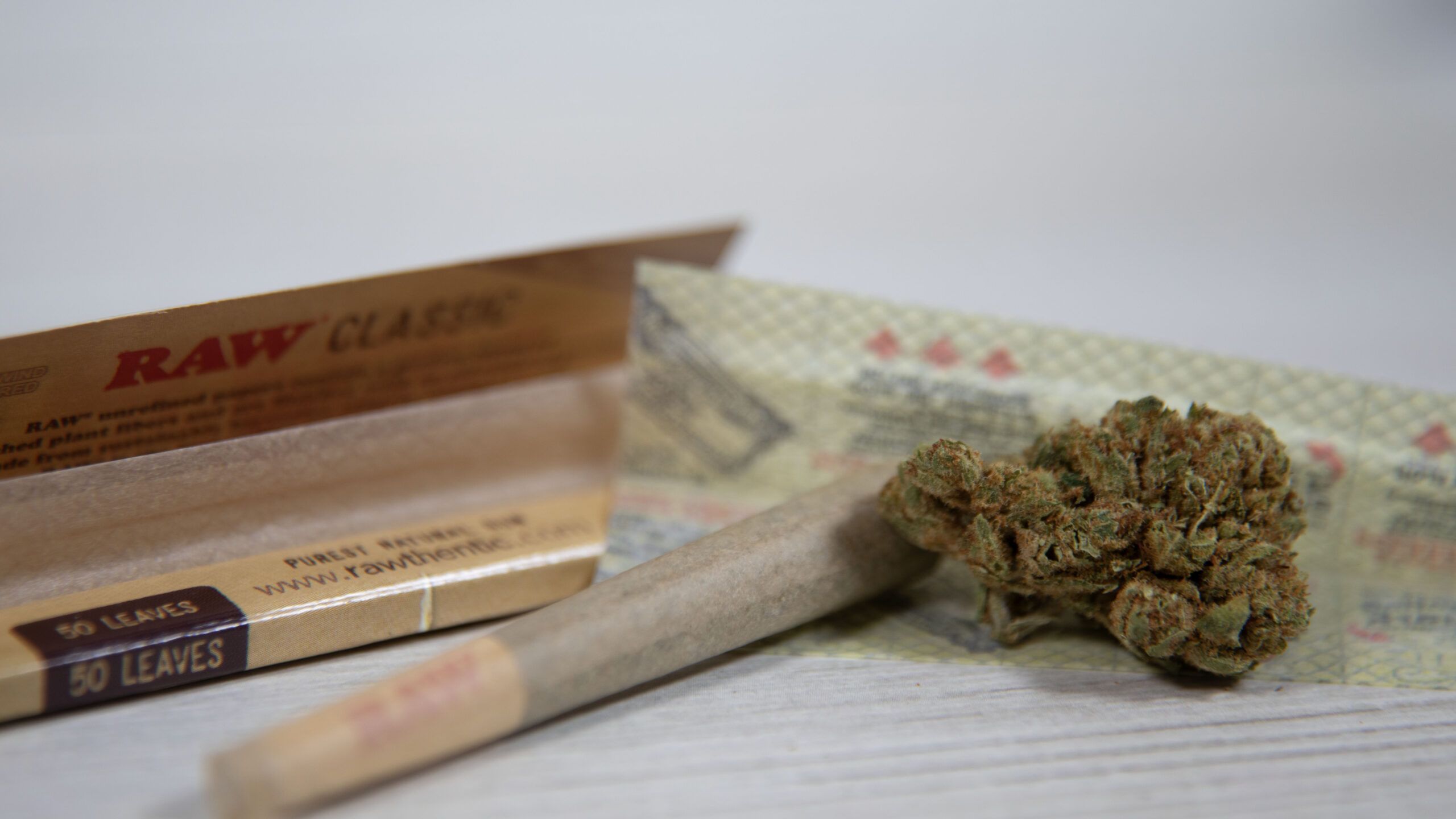When shoppers walk into a dispensary, they’re often faced with two types of products: big brand names that have established reputations, and white label offerings that may not carry a familiar label but come at an attractive price point. For many consumers, the question arises—are white label cannabis products lower in quality compared to big brands, or do they simply come without the heavy marketing costs?
What Are White Label Cannabis Products?
White label cannabis products are developed by licensed manufacturers and then sold under different dispensary or retailer labels. Essentially, the same vape cartridge, edible, or flower may appear under multiple brand names, depending on the agreement with the producer. According to MJBizDaily, this approach has become a cornerstone of the cannabis market because it allows dispensaries to offer house-branded products without investing heavily in cultivation or extraction facilities.
Big brand products, on the other hand, are typically tied to well-known companies such as Rythm, Stiiizy, or Cookies, which maintain consistent branding and nationwide recognition. These brands spend millions each year on marketing, packaging design, and sponsorships to maintain visibility and consumer trust.
Price vs. Perceived Value
One of the main reasons shoppers assume white label products are “cheaper” in quality is because they are often priced lower than big brand competitors. But the lower cost typically comes from reduced expenses in advertising, packaging design, and marketing—not necessarily from cutting corners in production. A Headset industry report shows that private and white label products are among the fastest-growing categories, largely because they deliver value to price-sensitive consumers while maintaining compliance and testing standards.
Testing and Standards Remain the Same
In legal markets, all cannabis products—whether white label or big brand—must undergo third-party lab testing to ensure safety and potency. This means that a $25 white label vape cartridge must meet the same compliance requirements as a $40 name-brand cartridge. As Leafly notes, the consumer protections built into regulated cannabis markets help create a level playing field for quality assurance, regardless of the brand name.
Consistency: Where Brands Often Shine
Where big brands may have an edge is consistency. Large, established companies invest heavily in genetics, cultivation techniques, and proprietary formulations to ensure that every batch tastes and feels the same. White label products, depending on the manufacturer, can sometimes vary more widely in terpene profiles, potency, or overall experience. Still, many established white label producers are now building reputations for reliability, narrowing the gap significantly. For example, several multi-state operators produce both branded and white label product lines, using the same facilities and processes. In these cases, the difference often comes down to the label on the package, not the flower or oil inside.
Shopper Takeaway
For cannabis consumers, the real difference often comes down to brand loyalty, packaging appeal, and price sensitivity rather than actual quality. Shoppers who value consistent experiences across states may prefer name brands, while those who want affordable options without sacrificing safety may find white label products to be a smart buy.
At the end of the day, white label cannabis products are not inherently “cheaper” in quality—they simply skip the marketing bells and whistles. With proper research and a willingness to try house or store brands, shoppers can enjoy excellent quality at lower prices by giving white label options a fair chance.

